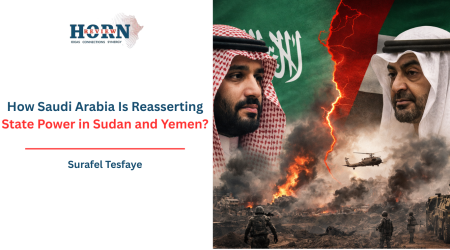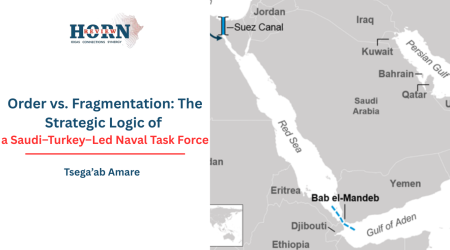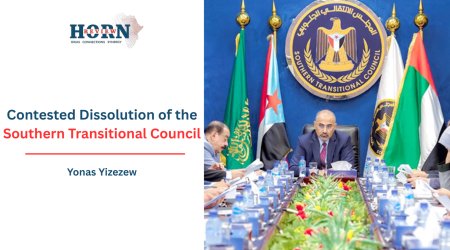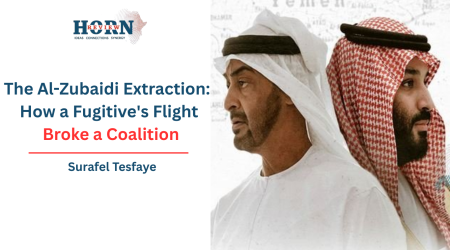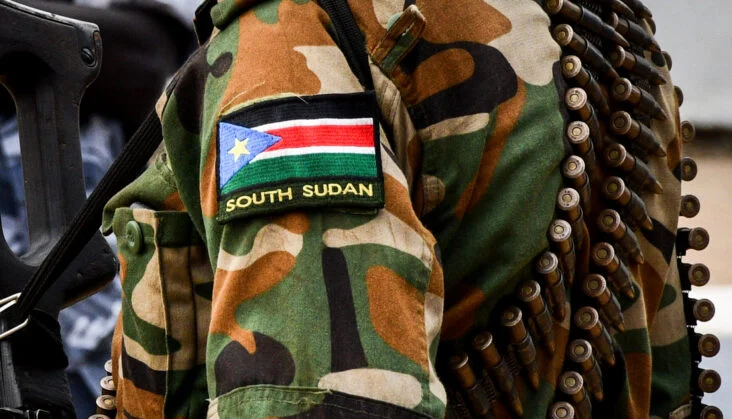
12
Jun
Amnesty Urges Arms Embargo Renewal on South Sudan; Cites Ugandan Military Presence
South Sudan, the world’s youngest nation since its independence in 2011, has been plagued by internal conflicts that have been fueled by ethnic divisions and power struggles between President Salva Kiir and his adversary, First Vice President Riek Machar. Consequently, the 2018 Revitalized Agreement on the Resolution of the Conflict in the Republic of South Sudan (R-ARCSS) was put forward with the intention to bring about peace, but unfortunately, it has faced some challenges, including delayed implementations and recurring hostilities.
In response to the growing violence, the United Nations Security Council (UNSC) imposed an arms embargo in 2018 to stop the flow of weapons that were exacerbating the conflict. This embargo has been periodically extended, with the most recent one set to expire on May 31, 2025. Nevertheless, weapons continue to enter into the country, leading Amnesty International to call for the renewal of embargo, as the Ugandan troops’ involvement is further complicating the conflict and regional stability.
In addition to requesting the renewal of the embargo, Amnesty International also made strong appeals for it to be strictly enforced, stressing the need to protect civilians and preventing further human rights abuses. The focal point of such appeal is the link between ongoing arms inflows and Uganda’s military footprint in South Sudan. According to Amnesty, verified videos from March 2025 show Uganda People’s Defence Force (UPDF) personnel and armored vehicles entering South Sudan without prior notification to the UN Sanctions Committee, constituting a breach of the embargo’s terms.
Reports also indicate that the South Sudan People’s Defence Forces (SSPDF) have resumed the use of attack helicopters, suggesting additional breaches of the embargo concerning military equipment and spare parts. From Uganda’s perspective, its military presence is justified as a response to a request from President Kiir to avert a potential security catastrophe amid escalating tensions with Machar’s forces, it also aims to protect its strategic interests, strengthen border security, expand access to natural resources, hold political leverage and stabilize a neighboring state plagued by insurgency and political turmoil, which could spill over into Uganda itself.
Yet for Juba, the presence of the Ugandan military is double edged. Some parts of the South Sudanese government welcome Ugandan support to strengthen their hold and suppress opposition, others view it as an attack on national sovereignty that could make the country more dependent and undermine domestic peace initiatives. The situation has further deteriorated with renewed violence in regions like Upper Nile State, where clashes between government forces and opposition groups have killed and displaced civilians.
Having the Ugandan troops involved in such a volatile event could exacerbate tensions and further destabilize the internal atmosphere, potentially leading to a bigger regional conflict and complicated impartial embargo enforcement due to military support and political alliances being closely related.
As the UNSC gets ready to decide on whether to renew the arms embargo, the situation in South Sudan remains precarious. The deployment of Ugandan forces, while supposedly intended to stabilize the region, may have unintended consequences, especially given the absence of transparency and adherence to international protocols.
If the arms embargo is not extended or enforced effectively, there is a serious chance of increased arms proliferation, which would intensify the conflict. This would indicate the weakening of the international community to deal with crisis. On the other hand, a renewed and more strictly enforced embargo could pressure the conflicting parties towards negotiations and adherence to the peace process, but it also may risk alienating Uganda’s and South Sudan’s government if it’s perceived to be punitive.
Amnesty’s call for renewal is therefore well-founded, the UNSC should extend the arms embargo and pair it with robust tracking and enforcement mechanisms to prevent unauthorized arms transfers and military movements. At the same time, diplomatic engagement is essential, Uganda and South Sudan must be encouraged to define a clear, time-bound framework for military cooperation, respecting sovereignty and advancing peacebuilding.
Regional institutions also need to be brought back to the centre of the response, IGAD and the AU should revitalise efforts to strengthen regional peacekeeping and mediation capacities, as it could help reduce the current dependence on unilateral military interventions.
In conclusion, Amnesty International’s request to extend the arms embargo on South Sudan brings to light the difficulties in balancing security, sovereignty, and peace. Going forward, stronger regional cooperation, stricter embargo enforcement, and nuanced diplomacy are necessary, because only through such calibrated approaches can the cycle of conflict in South Sudan be meaningfully addressed.
By Sina Yigzaw,Researcher,Horn Review
References
1. Amnesty International, ‘South Sudan: UN Security Council must renew and enforce arms embargo to protect civilians’ (14 May 2025).
2. UN Security Council Resolution 2428 (2018) UN Doc S/RES/2428.
3. United Nations Security Council Resolution 2731 (2024) S/RES/2731.
4. IGAD, Revitalized Agreement on the Resolution of the Conflict in South Sudan (2018).
5. International Crisis Group, South Sudan’s Fragile Peace: Regional Interests and Challenges (Report 2024).
6. AP News, ‘Uganda deploys special forces to South Sudan to protect the government as fears of civil war grow’ (11 March 2025).
7. Sudan Tribune, ‘South Sudan confirms presence of Ugandan troops, citing military pact’ (17 March 2025).
8. Parliament of Uganda, ‘Parliament approves UPDF deployment in South Sudan’ (21 March 2025).

